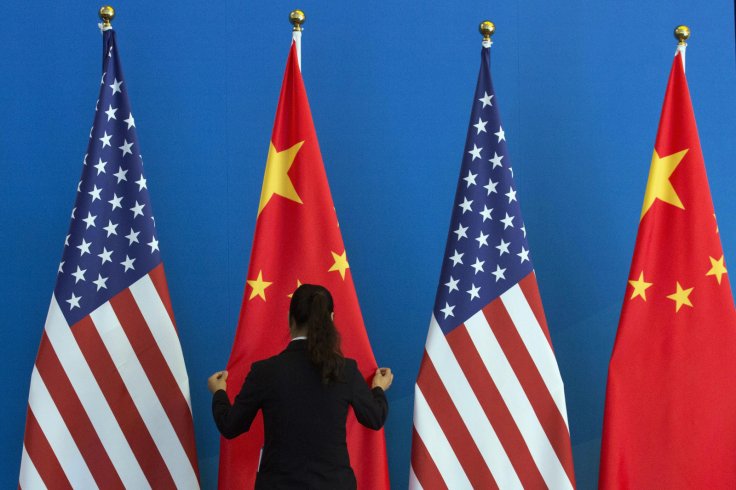Owing to the hopefulness of investors about progress in the Sino-US trade fall out, Asian shares saw measured buoyancy; while the dollar riding on the recent US economic data pipped its counterparts.
MSCI's broadest index of Asia-Pacific shares outside Japan .MIAPJ0000PUS bounced 0.7%, after losing 0.4% last week. Japan's Nikkei .N225 firmed 0.7%, while Australian stocks rose 0.5% and Shanghai blue chips .CSI300 0.3%. E-Mini futures for the S&P 500 added 0.2%, while EUROSTOXX 50 futures gained 0.6%. FTSE futures firmed 0.3%.
O'Brien warned Washington would follow what happens in Hong Kong
On Saturday, US national security adviser Robert O'Brien said an initial trade agreement with China is still possible by the end of the year, though he warned Washington would not turn a blind eye to what happens in Hong Kong.
The comments add to worries that a Chinese crackdown on anti-government protests in Hong Kong could further complicate the talks. Over the weekend, pro-democracy candidates in Hong Kong romped to a landslide and symbolic majority in district council elections in the embattled city.

"The fact that talks are still happening remains a positive," said Robert Rennie, head of financial market strategy at Westpac. "Markets are showing some signs of tiring of the steady drip-feed of upbeat comments from US officials and no signs of a final agreement looking likely."
He noted that six weeks had passed since the "phase one" deal was agreed in principle yet there was still no deal in place. "Key for markets will thus be whether the Dec. 15 tariffs covering approximately $156 billion of largely technology imports are postponed and whether a deal can be signed ahead of that date, with press suggesting that these tariffs will be delayed to give negotiators more time."
Reuters reported that an ambitious "phase two" trade deal was also looking less likely, according to US and Beijing officials, lawmakers and trade experts. In currency markets, the dollar had rallied on Friday when US manufacturing surveys beat forecasts, just as European Union numbers disappointed.
"US economic data outperformed, highlighting again the resilience of the economy and that while global growth has slowed, it remains the least dirty t-shirt in the laundry basket," said Tapas Strickland, a director of economics and markets at National Australia Bank. "For the EU data, the important takeaway was the ongoing decline in the manufacturing sector is now spreading to the larger services sector, a worrying sign for the global economy."
European Central Bank President Christine Lagarde on Friday called on eurozone governments to strengthen domestic demand after a global trade war brought a decade of export-driven growth to an abrupt end.
The euro was off at $1.1020 EUR= on Monday, having breached chart support at $1.1040, while the dollar edged up to 108.76 yen JPY=. The dollar was steady on a basket of currencies at 98.271 .DXY, after gaining 0.3% last week. Spot gold was flat at $1,461.20 per ounce XAU=, restrained by the bounce in the dollar. Oil prices held near two-month highs helped by expectations of an extension to OPEC+ production cuts. Brent crude futures firmed 17 cents to $63.58, while US crude rose 13 cents to $57.90 a barrel.








